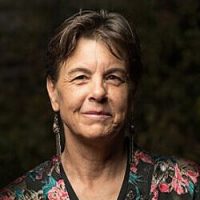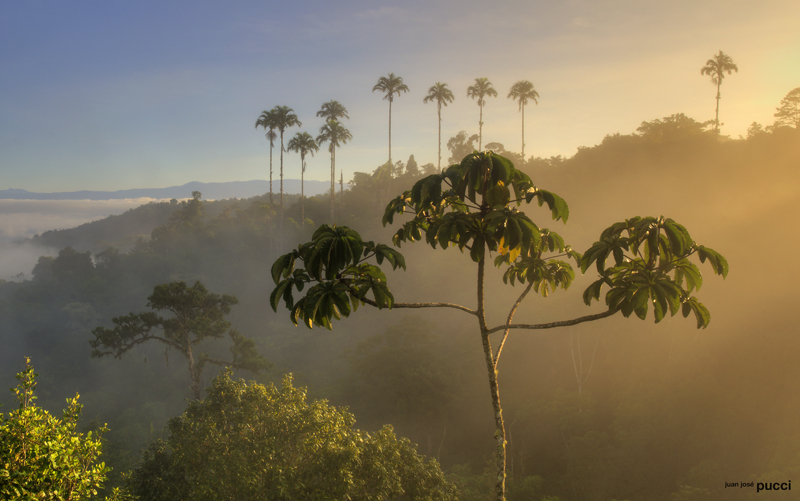Dear Members of the OTS Community:
Now that the holiday season has passed and we are well into the second semester, many of us in the OTS community look fondly toward the end of the academic year in May when we get away to do research, to lead classes, and to witness the very reasons we do what we do. For others, those moments are when the rubber hits the road, when the efforts of OTS staff support our travel, our studies, and our classes.
Thinking about what OTS means to us prompted a brief assessment and reflection of the past year. Over this period, as the pandemic receded, we reconnected with friends and colleagues who’d dropped out of sight and tried to re-establish the annual rhythms that sustained us for so many years. It’s not been an easy process, but we are adjusting to this new reality — and a look in the rearview mirror reveals just how much and how far OTS has progressed since the shutdown. While much remains to be done, we certainly are not where we were four years ago. To illustrate, we’d like to mention just a few of the many activities in the past year.
60 years of connecting people with the tropics
In March, following the in-person Board of Directors meeting in La Selva, OTS held a major event on the UCR campus in San Jose to celebrate OTS’ 60th anniversary, where both of us talked about the importance of OTS and field stations. Drs. Adrian Pinto (University of Costa Rica) and Lindsay McCulloch (Harvard University), and Ph.D. candidate Mariana Gelambi (Virginia Tech University), discussed their research and the positive impact that OTS has had in Costa Rica, on their careers, and for tropical biology and conservation writ large. This year, we also celebrated the 20th anniversary of OTS in South Africa. It is incredible to imagine how the idea of teaching a graduate student course in the tropics six decades ago has morphed into a worldwide research and educational organization that has positively affected so many.
In 2023, we saw an increase in the numbers of visitors, students, and researchers to OTS stations in Costa Rica and South Africa, bringing station visits to nearly pre-pandemic levels. Ninety-three students from the U.S., Costa Rica, South Africa, and 17 other countries received scholarships to attend nine OTS courses, including Spanish and English versions of the flagship Tropical Biology graduate course, a course on climate change for the Environmental Sciences and Policy Program, and the undergraduate African Ecology and Conservation semester. These students received immersive and practical training in environmental and ecological science in the field, built life-long friendships, and took a major step on their journeys to become the next generation of scientific and conservation change-makers. Twelve other students and early career researchers received fellowships to investigate interactions between tree seedlings and their microbiome, the molecular biology of diseases in sloths and anteaters, foraging by bats, habitat use by river turtles, sensory abilities of harvestmen, and evolutionary relationships of tropical gingers.
Renovations and new projects
OTS in Costa Rica served as the executing partner of four important projects of the United Nations Development Program, including Transition to a Green Urban Economy (focused on the San Jose Greater Metropolitan Area) and Towards a Transboundary Integrated Water Resource Management of the Sixaola River Basin. With grant support and private donations, OTS completed work to remodel and upgrade housing, a new visitor center, and the herbarium at La Selva; renovated the pollinator garden at Las Cruces; and upgraded IT facilities at all of our stations.
In September, we both attended the annual meeting of the Organization of Biological Field Stations (OBFS) at La Selva, as well as visited CRO and Las Cruces. We met with many, many OTS staff who provided critical support for the OBFS meeting which had over 120 attendees from global field stations. Participants conferred, planned projects, formed new working groups, and created new alliances. All agreed that the meeting was a spectacular success.
In October and November, Laurence Kruger, OTS Director of Curriculum and Director of OTS South Africa, visited numerous universities, where he met with students, faculty, deans, and other instructors to recruit students, informed new faculty about research and educational opportunities, and talked with administrators about member benefits and study abroad possibilities.
We extend our gratitude, our recognition, and our acknowledgment that none of this could have been done without the support of the OTS staff, members of the Board of Directors, all of the Institutional Representatives, all of the participating scientists, faculty, and students— and of course, all of the OTS community. Your time, your energy, and your donations have made all of this possible.
When we read through this list, we recognize that, despite all of this activity and these achievements, there is so much more to be done. The urgency of reversing climate change, the often-detrimental impacts of needed economic development in tropical regions, the impoverishment of tropical ecosystems due to biodiversity loss, and the multiple and intersecting crises arising from these must spur us to action in 2024 and beyond. We look back with a great deal of pride at 2023, but we also look forward to 2024 and your continued support on this incredible journey.

Elizabeth Braker
CEO/President, OTS


